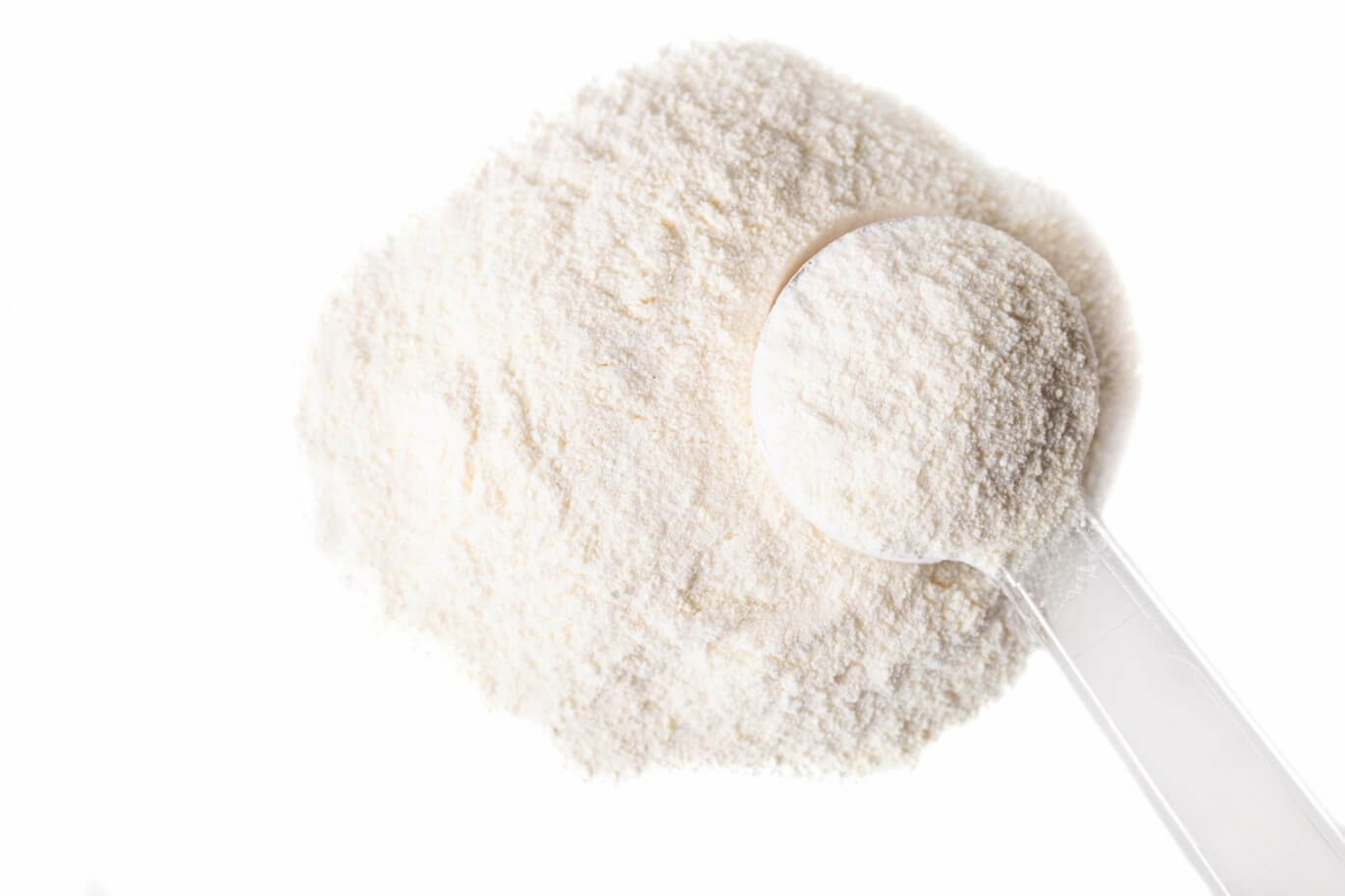Consumers Focusing on Mood to Support Holistic Wellness
Innova asked consumers globally what aspects they think of when they think of holistic health. Physical and mental health tied as the top answers (at 60% for both),1 indicating just how important mental wellness is becoming to consumers. For those taking steps to improve their mental and emotional wellbeing in the past year, exercise, sleep, and nutrition stood out as the key focus areas.
Over the past year, consumers made changes to their diet/nutrition (28%), chose foods and beverages that helped their mood (24%), and consumed foods and beverages for mental focus or concentration (20%).2 With so many mental wellness ingredients on the market—from functional mushrooms to adaptogenic herbs—it can be easy to forget the everyday nutrients that are also important to mental health and wellbeing.
Everyday Nutrients for Mood and Wellbeing
Magnesium
Magnesium is an essential mineral with many roles in the body. As a cofactor in over three-hundred enzymatic processes, magnesium is involved in nerve and muscle function, energy production, and the synthesis of DNA. Its influence on nerve transmission and regulating stress hormones has led to recent research into its potential to alleviate depression. 40% of global mineral-fortified new products with a brain-mood claim contain magnesium.3 Natural sources of magnesium include nuts, seeds, whole grains, leafy greens, and low-fat dairy.
Vitamin B6
Another of the essential micronutrients needed for brain function, vitamin B6 was featured in 61% of recent global vitamin-fortified new products with brain-mood health positioning.4 Like magnesium, it plays a role in many enzymatic processes throughout the body but is getting special attention for its possible use in regulating mood (for both anxiety and depression). Vitamin B6 is important for the synthesis of neurotransmitters such as serotonin and dopamine. Beef, poultry, fish, and starchy vegetables like potatoes all naturally contain vitamin B6.





